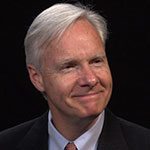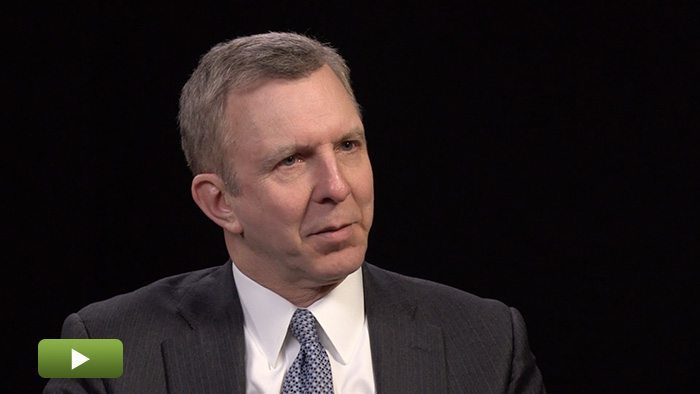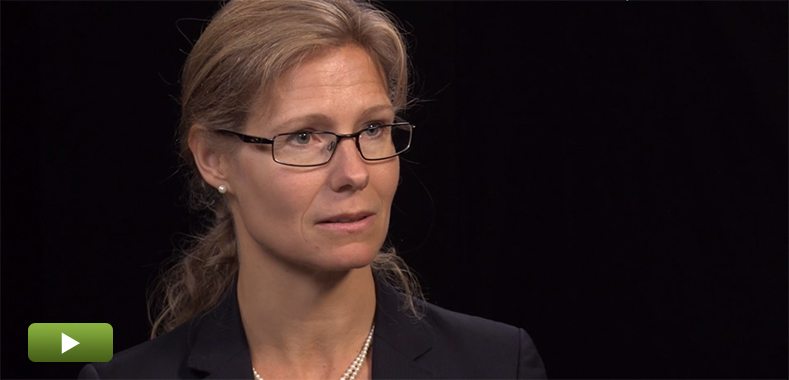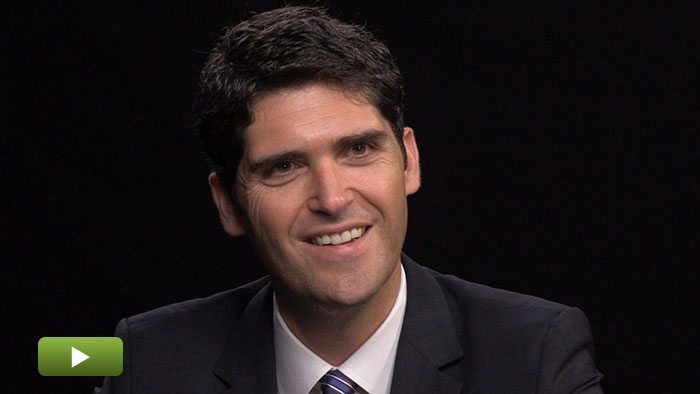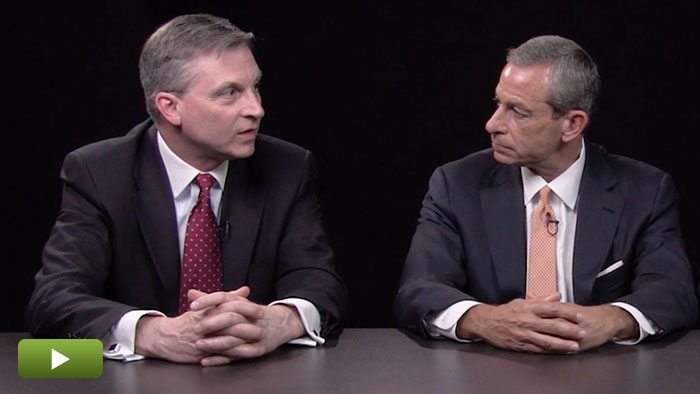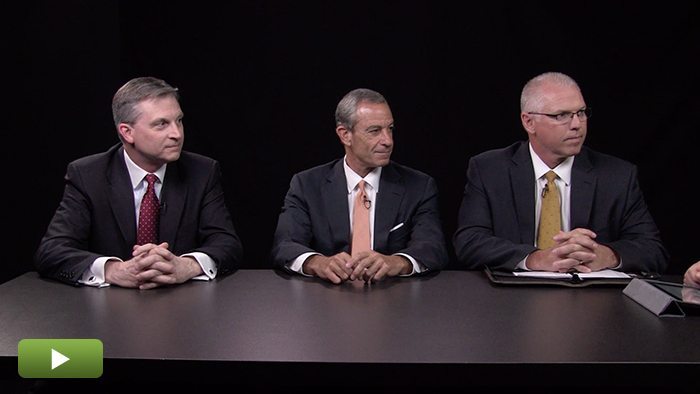Lincolnshire’s Focus On Portfolio Operations
With $1.7B of AUM, Lincolnshire Management prides itself on its operational expertise, with many of its professionals coming from operations backgrounds. The firm’s president, Michael Lyons, explains the Lincolnshire platform.
Transcript Download Transcript
Lincolnshire’s Focus on Portfolio Operations
With Lincolnshire’s Michael Lyons
David Snow, Privcap: Today, we’re joined by Michael Lyons of Lincolnshire Management. Michael, welcome to Privcap. Thanks for being here.
I’d like to learn about the operating platform at Lincolnshire Management. Your firm has been in the market for quite a while, so I’m interested in how the way you provide services and strategic guidance to your portfolio companies has evolved, and the kind of people you have within the Lincolnshire umbrella to make it all happen.
Michael Lyons, Lincolnshire: Yeah, I would say [in] any given year, we have between two and four dedicated operating professionals on staff. Their goal and their job is multi-faceted, but many times if we need someone to serve an interim management capacity, that’s what they would take on. But the genesis of our whole operating role and our operating philosophy really goes back quite a ways. [It goes] back into the ‘90s, long before it was fashionable for private funds to have operating talent. And we infused much of the deal teams with operating folks. I have operating or operational experience and I’ve been involved in running companies. So as part of a deal team side or deal team member, we did that because many of the businesses we were looking at—certainly going back into the ‘90s—were smaller–type businesses. They didn’t have a lot of depth, so we wanted to go in and do a couple things.
We wanted to assess what we can do with the business, connect with the managers—in many cases, they could be entrepreneurs—because you don’t want to come off as a suit out of New York. If you can sit across the table from some CEO who’s been running this business for all his life and he can have a conversation with you and say, “Wait a minute. This guy really understands what it’s like to make a payroll.” That opens up the doors and opens up his eyes to say, “This guy can be helpful and this firm can be helpful to me beyond just providing capital.” That’s critical and always has been to us. And it’s been a key to our success over the years.
We won’t buy a business unless there’s a management team there. We don’t presume that we’re going to go in and ever know the business better than the management team. But we want to be a resource to them; by having some operational experience, you can be just that. You can be a good sounding board to these CEOs. You can be helpful in terms of implementing any of the plans we collectively come up with. So that’s been critical.
Over the years, we then added dedicated operating folks. And, like I said, we could have in any given year from two to four depending on the skillsets we may need as we move through the different funds. That’s proven to be very helpful because if we’ve had a situation that has gone sideways, then we can have someone who can parachute in and play that interim role until we replace that person with a full-time CEO or COO, or whatever’s needed.
Snow: You mentioned having two to three per year. Are these people who are brought in as operators in residence and they’re assigned to different portfolio companies?
Lyons: Yeah. They will come on. They will be treated no differently than anyone else in the firm. They’ll be employees of Lincolnshire. They will work—again, they could be helpful in diligence as we’re buying businesses. Assessing a business—what you need to do with it and what changes you want to make. But again, if they need to go in as interim management, they can actually go into that business. And they will spend several times—I’ve done that myself actually. Before we brought on dedicated operating people, I’ve spent time living out of a portfolio company for many months at a time, working at the company as have other folks, even on our investment committee. Then again, as we’ve evolved over time, we brought these people in to be able to serve that role. And that’s very helpful to have someone who can actually go be resident at the company for many months.
Snow: What kind of a background typically would one of these operating partners have? Are they an ex-CEO? Is that what you look for as the skills that are specific to the industry verticals you target?
Lyons: Yeah. It’s funny. We’re a generalist firm, so we look at a lot of different industries across many different manufacturing service environments. So we do bring in somebody who has that CEO experience, that operating experience. A lot of it is manufacturing–service driven. To the extent that you need specialized help whether it’s in, let’s say, consumer products or direct marketing, you can go out and get that experience and bring that in.
Snow: In the form of consultants and people like that?
Lyons: In the form of consultants. As I’ve said, we have had anywhere from two from four folks—we’ve had people over the years who have come in who happen to be very strong in, let’s say, direct marketing as an example. Then there may not be any need for that four, five or seven years later. So it’s easy for that person to move on. So we’ve done both. We will bring people in if we have a need for it. They can be part of the staff, the operating staff and/or if we go in and detect a specific need within a company, you go and bring someone from the outside.
